- Home
- slideshows
- miscellaneous
- 30 mistakes every parent makes
30 mistakes every parent makes
1. We let our kids fall

2. We overschedule kids' lives
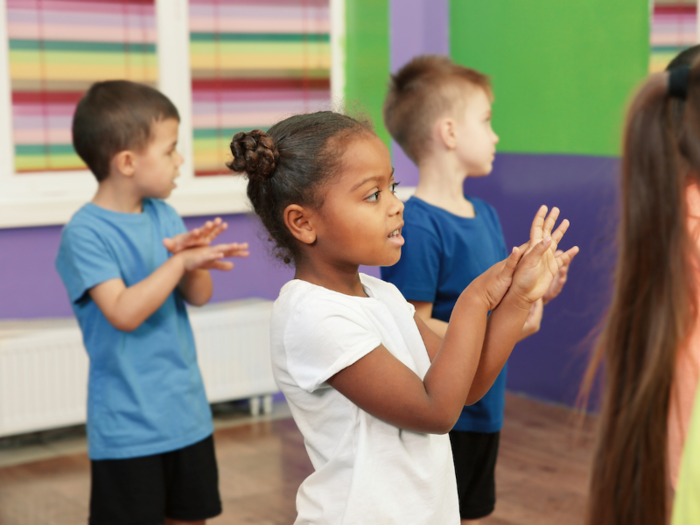
According to another study published in Pediatrics, kids have less free time than in previous generations. Parents are loading up their children's schedules with sports, music, dance, tutoring, and so on.
Less free time can deprive children of the cognitive, physical, social, and emotional benefits play can provide, according to the research.
3. We give too much choice
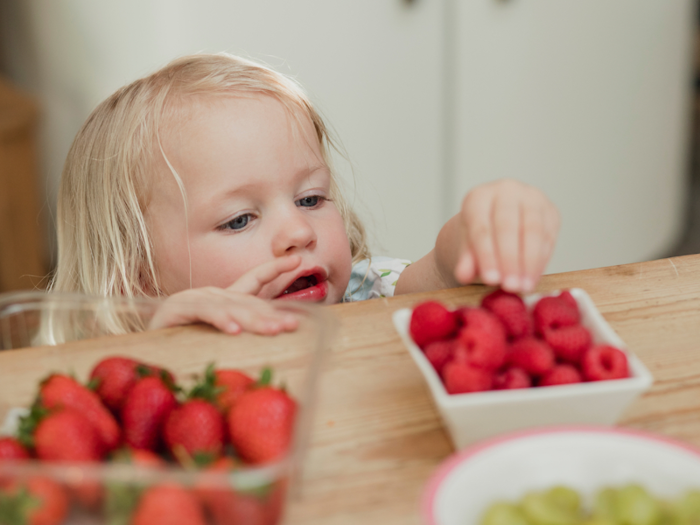
Kids need to develop a sense of independence, and parents can encourage that by giving them the chance to make their own decisions. But a young child's choices should be limited to a small selection of options.
Think: "Would you like a plum or a pear?" and not "What fruit do you want?" Or "Would you like the red striped shirt or the blue dinosaur shirt?" not "What do you want to wear?"
4. We forget important items
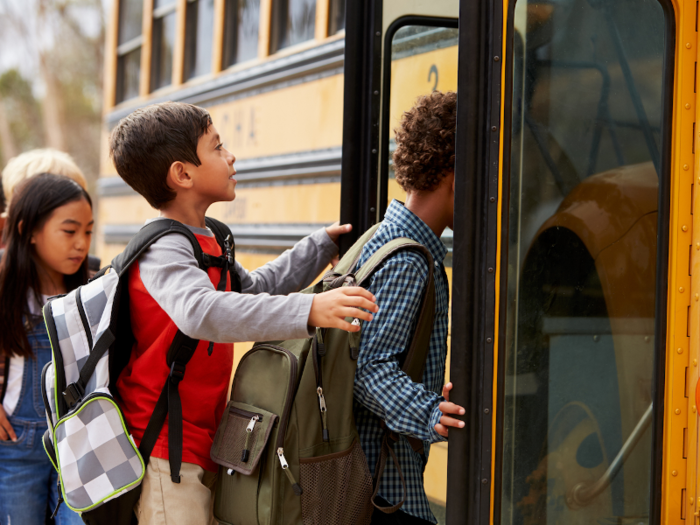
You may think you have the diaper bag packed, snacks ready to go, a change of clothes at the ready, and all of the other accoutrements of parenting locked down and ready to roll before a trip.
However, you may then get to your destination two states over only to realize that you forgot a pair of shoes for your son. My wife and I know this from experience.
5. We praise them too much, or for the the wrong reasons

Yes, you should be your kid's biggest cheerleader, but research has found that you should praise your kids for their effort, not the result.
Additionally, according to Parents, some experts think that too much praise can result in kids needing to seek approval from others all the time. It can also make them feel pressured to perform.
Choose your words wisely when offering praise to your children, and "use words that reflect their experience and show understanding and empathy," Leticia C. Lara, LCSW, told Parents.
6. We try to talk above them
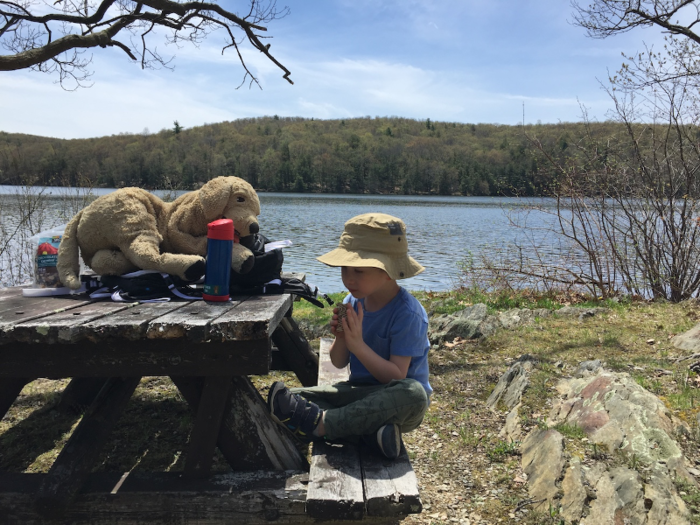
Once your child is beyond the toddler age, you should try to keep any adult-level conversation out of the room. Kids catch onto more than you think, despite the diction enabled by your sagacity, and can end up hearing things little ears shouldn't.
7. We expect too much
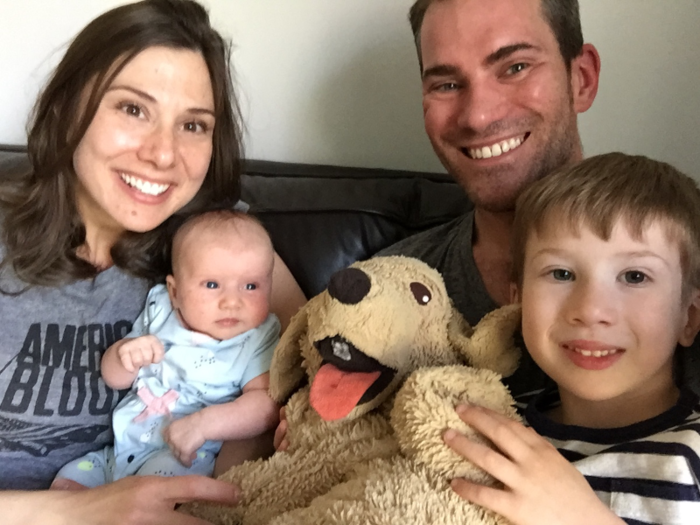
Children learn different things at different ages and with varying degrees of success. One five-year-old may not learn something as quickly as another.
And you shouldn't expect a five-year-old to be able to do the same things as six- or seven-year-olds. Meet them where they are developmentally, whether it be advanced, at baseline, or a bit behind.
8. We let them spend too much time with technology

It's often easier to let your kids watch TV while you make dinner than to balance chopping, boiling, and roasting with entertaining them.
But according to the American Academy of Pediatrics, parents should avoid screen time for toddlers and infants. Then, at 18 months, media should be limited and have an educational purpose.
9. We don't let them feel the consequences
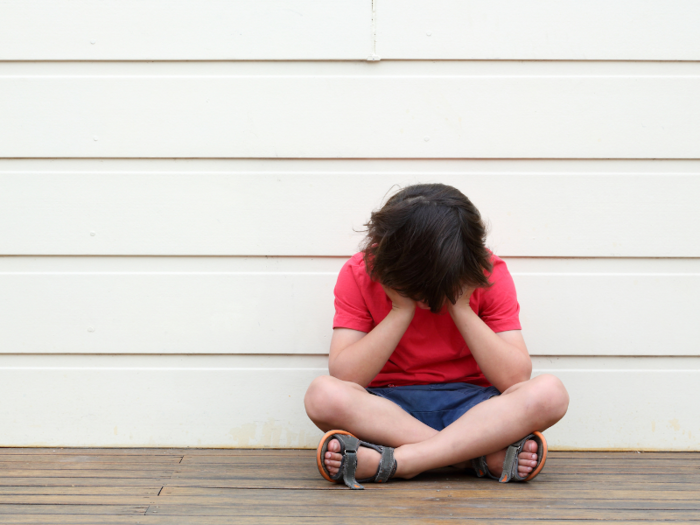
We always tell our son there's a difference between an accident and a mistake.
An accident is spilling a glass of water once, for example, and merits no punitive response. A mistake, on the other hand, is spilling it three times because he isn't putting the cup on a coaster positioned away from the edge of the table.
When kids mess up, they need to understand it and be reprimanded with a punishment that matches the crime.
In the case of a spill, the child should do the cleaning. When a kid lashes out with a fist or unkind words, maybe a time out in his or her room is the best response, as it can encourage reflection.
10. We hold them too close
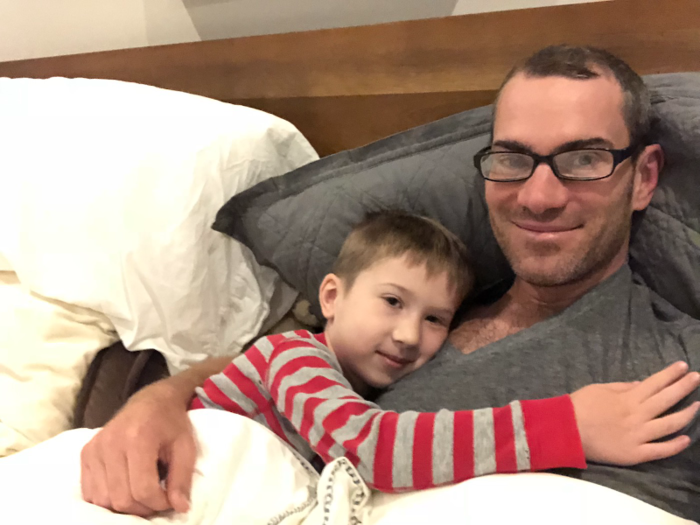
It's a big world out there, but it doesn't have to be a big scary world. It will be, however, to a child who is never allowed to wander and explore.
Of course, you should never take your eyes off of infants and keep toddlers in arms' reach. But as kids grow older, they need to have a sense of freedom to develop as independent individuals.
It's OK if the sense of freedom is illusory, by the way, as long as they don't know it. Safety always comes first, after all!
11. We're hypocritical
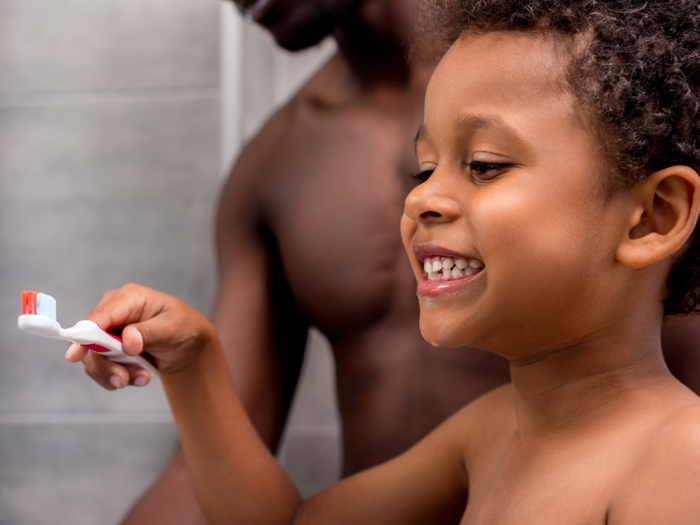
There are few things that can confuse a child more than being told one thing but witnessing another.
If you ask something of your child, be it washing her hands before dinner, using kind words, or any other action large or small, you better live your words, mom or dad.
12. We shout
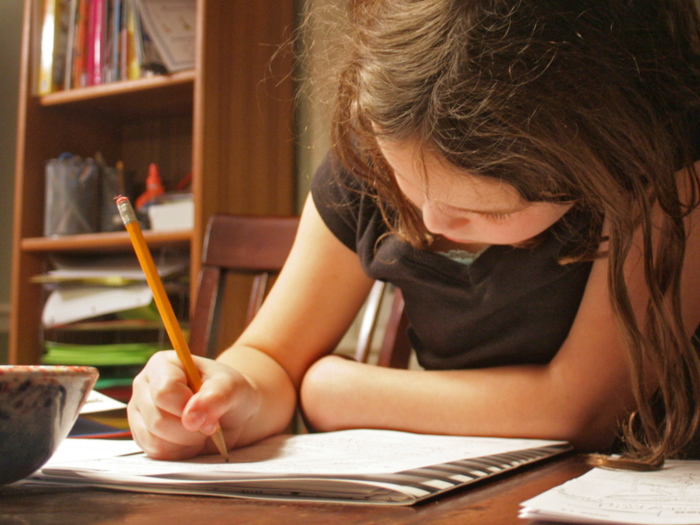
Unless you are yelling at your kid to stop running toward a busy street, don't yell at your kid. Shouting is never warranted, except in emergency situations.
Using a loud, frightening voice in the course of discipline is worse than ineffective — it can make children more aggressive, according to research published in Child Development.
13. We may not teach them the value of money
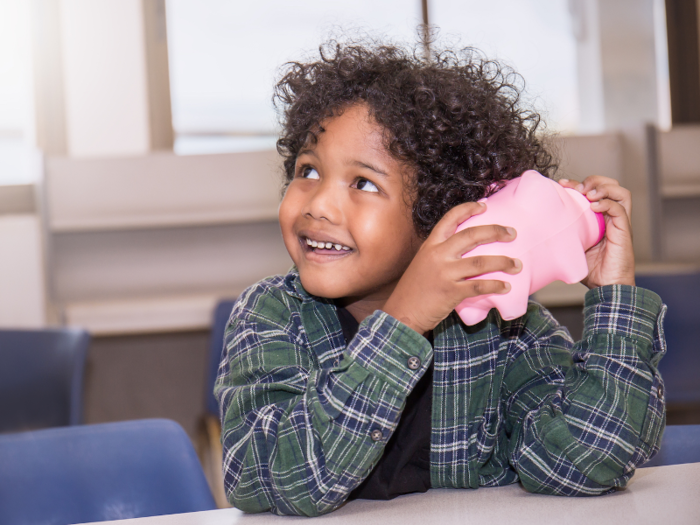
You should avoid talking about income, debts, loans, or any other decidedly adult financial topic with children, especially if those conversations are colored by stress and concern.
But kids should know from an early age that things cost money and money comes from work. Teaching kids about money should involve emphasizing early on how to appreciate and value things.
14. We try to be best friends with our kids
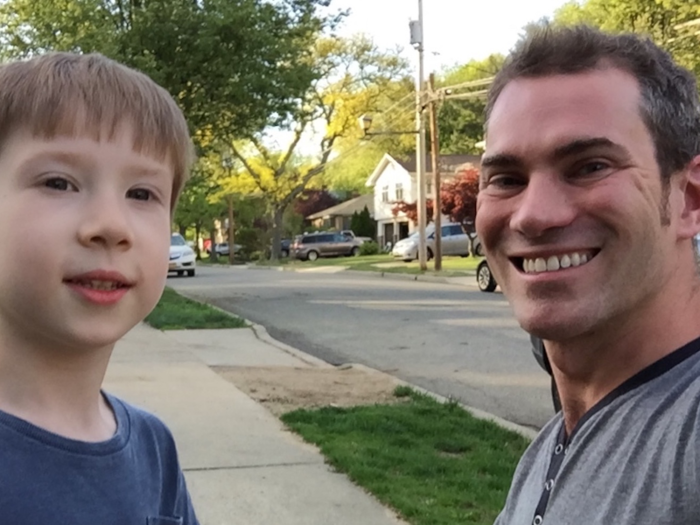
Whenever I hear someone say, "My mom/dad is my best friend!" I'm tempted to ask, "OK, but who is your parent?" To be fair, once a person reaches adulthood, they can have as close a friendship as they want with their parent.
But in the formative years, a parent's role is as a stalwart source of support, a font of unyielding love, the source of occasional discipline, and (ideally) plenty of wisdom.
15. We solve interpersonal problems for them
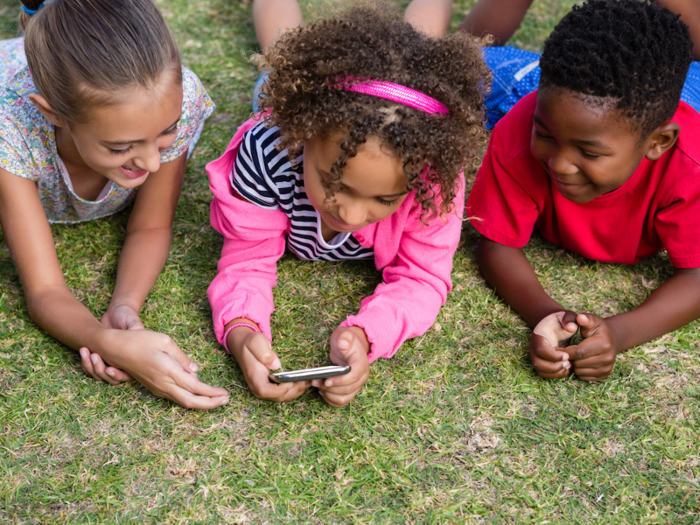
It's hard to see your child get yelled at, left out, or pushed around by other kids. Though there are certainly times for intervention to foster better kid-to-kid communication, often the best thing you can do for kids is nothing and let the children figure it out.
16. We try to measure up against other parents
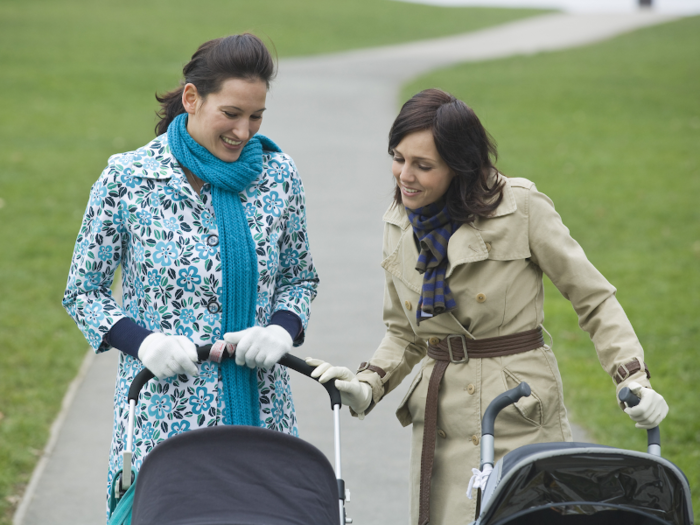
Parenting is many things. It's a joy, it's a challenge, it's a whirlwind, it's a slog, and so on. But it's never, ever a competition.
Don't ever try to outdo another parent, whether by buying your kid a fancier this or that, showing off your child's ability to do that or the other thing, or by overdoing anything from an outfit to a party to a back-to-school photo session.
17. We forget to play along

Children have amazing imaginations, but they may only be wide open to wonder for a handful of years. As long your kid is willing to engage in imaginative play, you should play along.
Plus, according to research published in Creativity: A Childhood Essential, creativity is good for development, as it can be used as a tool to express emotion.
18. We ask the wrong questions
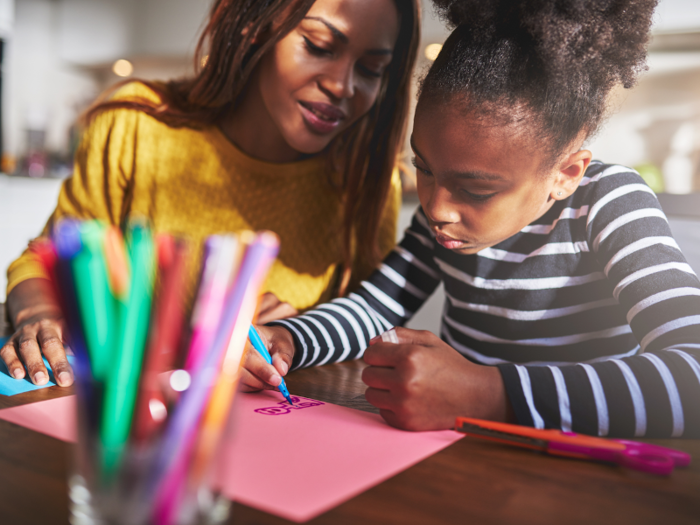
There are all sorts of ways to ask a child the wrong question.
Asking "What is your drawing?" can cause hurt feelings, because they thought you'd be able to tell. "Will you tell me about your drawing?" can open up a happy dialogue.
Asking "What were you thinking?" after a mistake can cause shame, while "What can we do better next time?" can lead to learning and development.
19. We tell kids how to feel
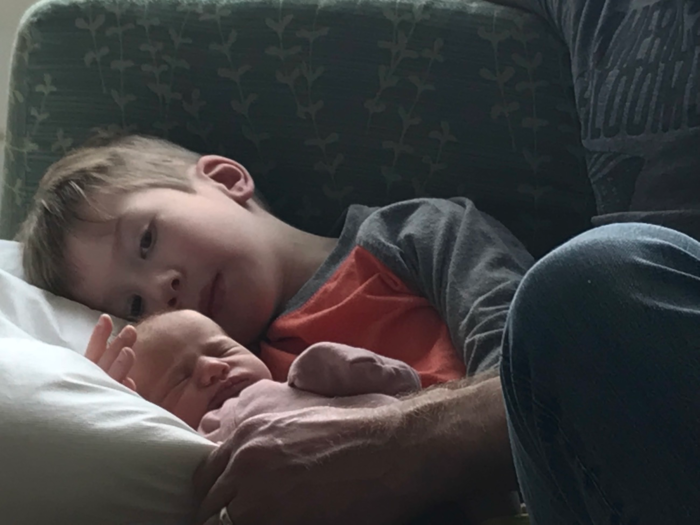
When a child falls over and scrapes her knee, what are the first words that often come out of the caregiver's mouth? "You're OK." But wait ... the kid with the bleeding, throbbing knee isn't really OK, is she?
Instead, maybe ask if the child is OK. Why is it acceptable to tell a frustrated toddler to calm down and stop acting silly after a toy breaks when we would never say that to an adult angry over, say, a flight delay?
Kids are people, they're just small. So treat them like people and validate their feelings when appropriate.
20. We're inconsistent
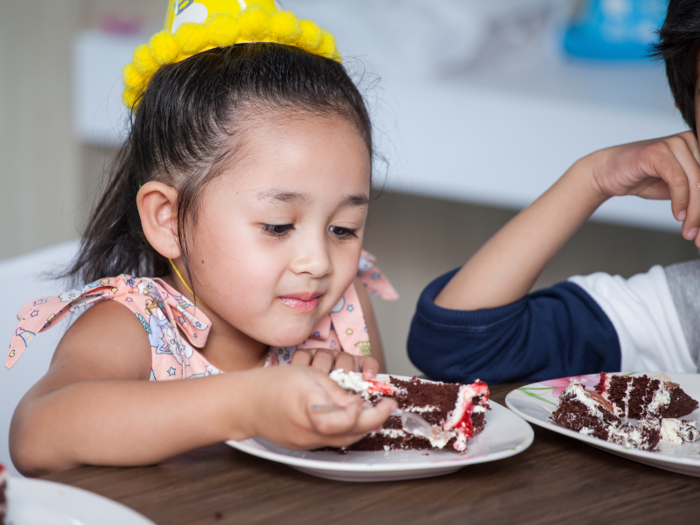
According to research from Michigan State University, setting "boundaries and expectations" fosters patience, problem-solving skills, responsibility, and self-discipline in children.
Consistency does not mean rigidity, of course. It's more than OK to allow the occasional sweet dessert on a non-dessert night.
21. We don't take the time to explain
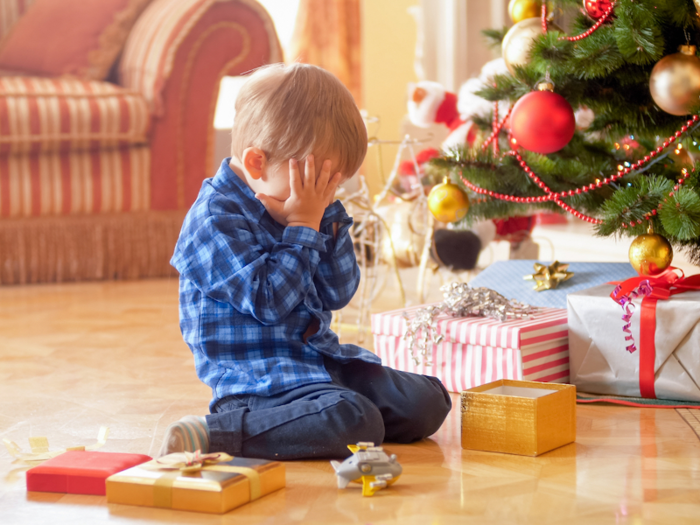
There are times when "Because I said so" is a valid response to a child's question, though "Because I know best in this situation thanks to my age and experience" might be better.
Taking the extra minute to explain why you're making a certain decision or imposing a given rule can make a child feel respected, help them understand the situation, and lead to less conflict.
22. We turn a blind eye
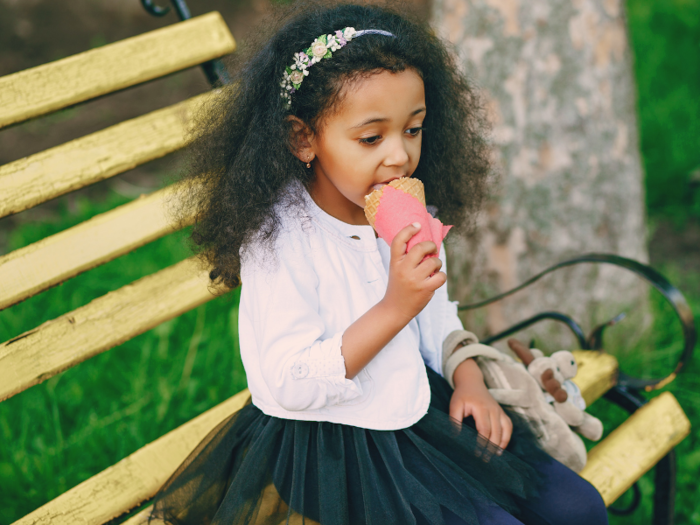
Letting kids "get away with" things like skipping a tooth brushing, sneaking candy, swiping a sibling's toy, and so forth may be easier than confronting the behavior, but it will only breed more of the same behavior.
23. We try to live through our kids
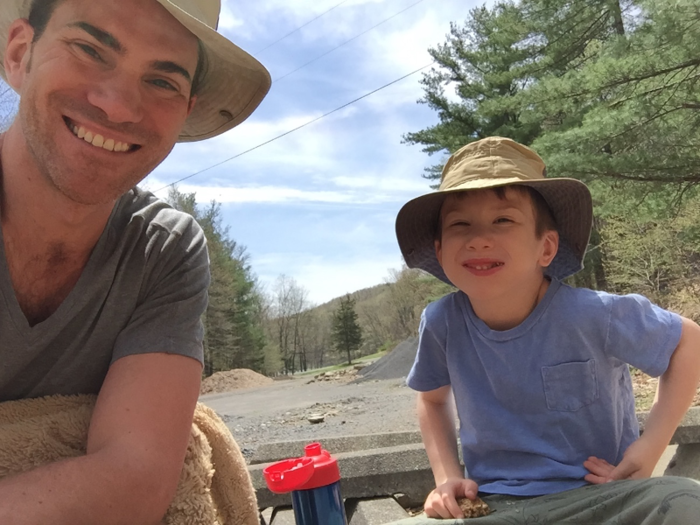
From pushing kids into guitar lessons to convincing them to play soccer, there are all sorts of ways parents try to live through their kids.
But it's their lives, not ours. If your kid hates playing ball, don't make her play. Let your children explore different interests and discover what they like to do, even if field hockey is your least favorite sport.
24. We use bribes
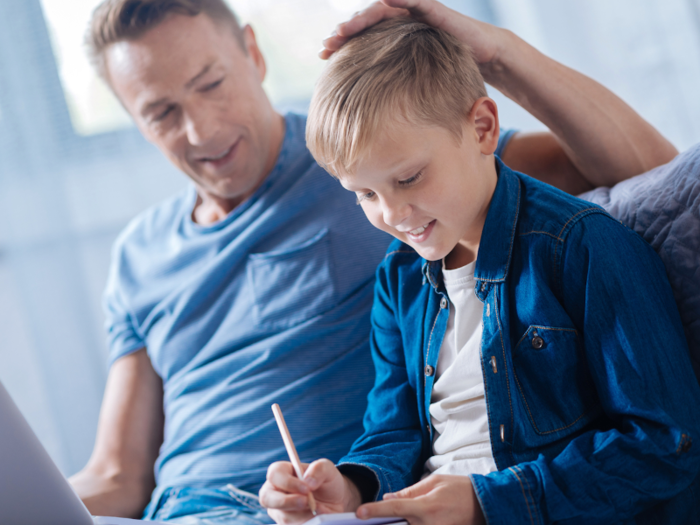
"If you stay nice and calm at the doctor's office, you can have a milkshake on the way home," you may have said to your kids at some point in their lives. Barring illness or injury, kids go to the doctor once or twice a year, so doing whatever it takes to make that visit a success is often the best approach, which may include bribes.
On the other hand, if you give your kid a treat every time he or she brushes their teeth, picks up their toys, or puts their clothes in the hamper, you may be fostering expectations of a reward every time your kid does a obligatory task.
It's a kid's job to clean up, to brush, and so on — don't reward the basics with bribes.
25. We criticize
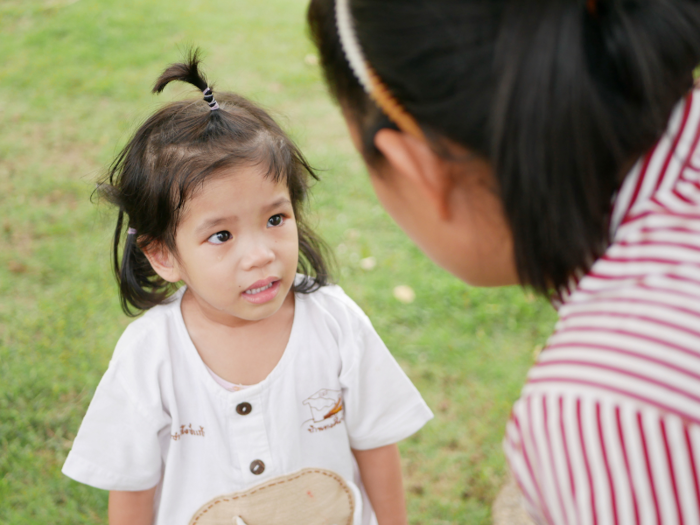
It's OK to have some constructive criticism for a child who has broken a rule, but focus on the infraction, don't launch a personal attack.
And don't ever take aim at anything you know your child struggles with, such as a difficulty with a given academic subject, a sport, or social interactions.
If you are aware of a shortcoming, the kid probably is too, and a weak spot should never be a target. Instead, help them work on ways to strengthen the fault and offer support during times of struggle.
26. We do it for them
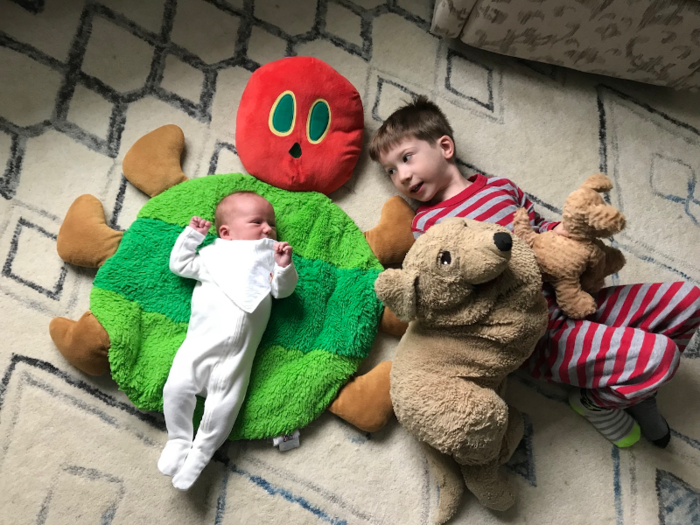
It's a lot easier to clean up a playroom yourself after the kids have gone up to bed than it is to task them with the cleanup and watch as they muddle their way through it.
The more we do things they can do themselves for them, the less self-sufficient they will turn out in the end.
27. We don't pay enough attention to their interactions
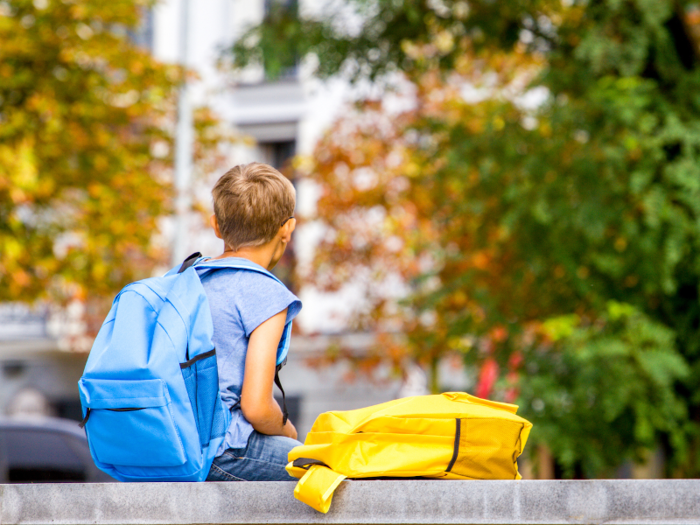
From not tracking a tween's use of technology after bedtime to missing the signals we're getting from a preschooler who repeatedly mentions a "not nice" kid at school, failing to pay close attention to our children can lead to myriad negative outcomes.
As long as your child is still, well, a child, it's your job to know who they interact with and the nature of those exchanges. That way, you can encourage meaningful relationships and protect your kids if need be.
28. We neglect our partners

One of the biggest mistakes parents make has less to do with their kids, and more to do with their partners.
Raising kids can put a lot of stress on a relationship, but the closer parents can remain to one another, the better caregivers they'll be for their kids.
Make time to keep your relationship loving, fun, and close — you'll be more resilient and ready to deal with the kids when all is well with your SO.
29. We do it for Instagram, not for the kid

Social media has fundamentally changed the way many parents approach their roles.
The goal of many situations, from something as notable as a vacation to something as mundane as a haircut, becomes about getting the perfect Tweet, Snap, Insta, or Facebook post.
Focus on living in the moment, not on the media you can create out of it.
30. We forget we're raising adults, not kids
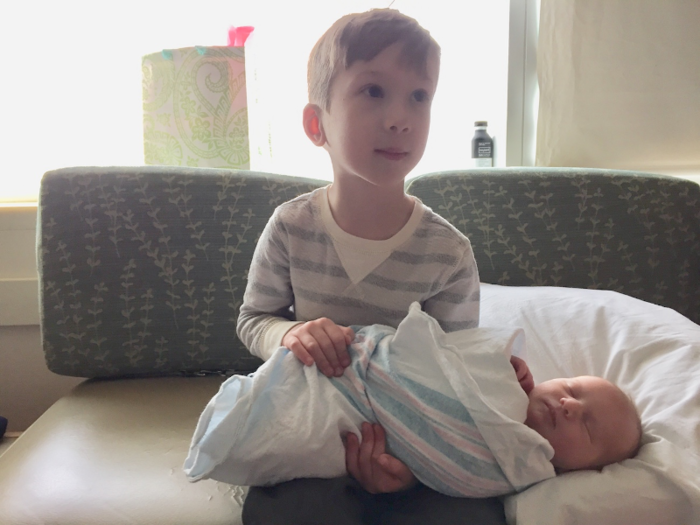
A kid is a kid for 10, 11, maybe 12 or 13 years, depending on whom you ask. Then, they're young adults for six or seven more years. And then they're adults for the rest of their lives.
Don't shield them from adversity. Do build up their self-worth. Don't solve all their problems for them. Do equip them with tools to solve things themselves. And on and on it goes.
Popular Right Now
Popular Keywords
Advertisement